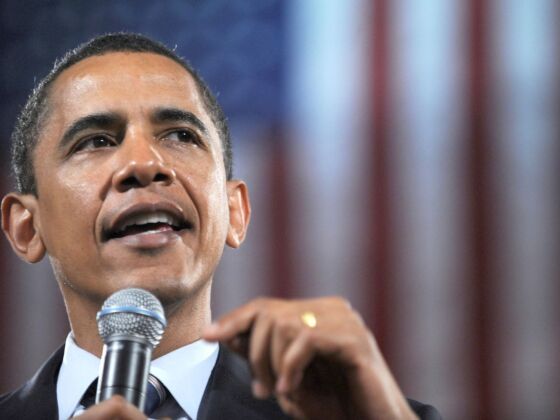A week ago, President Barack Obama won the Nobel Peace Prize. Many were shocked.
Mock speeches were drafted in which he declined the prize or accepted it on behalf of others. The town-hall criers cringed in agony, the media salivated. On Meet the Press, Paul Gigot of The Wall Street Journal wrung his hands at the idea of “subjugating American values to global values.”
